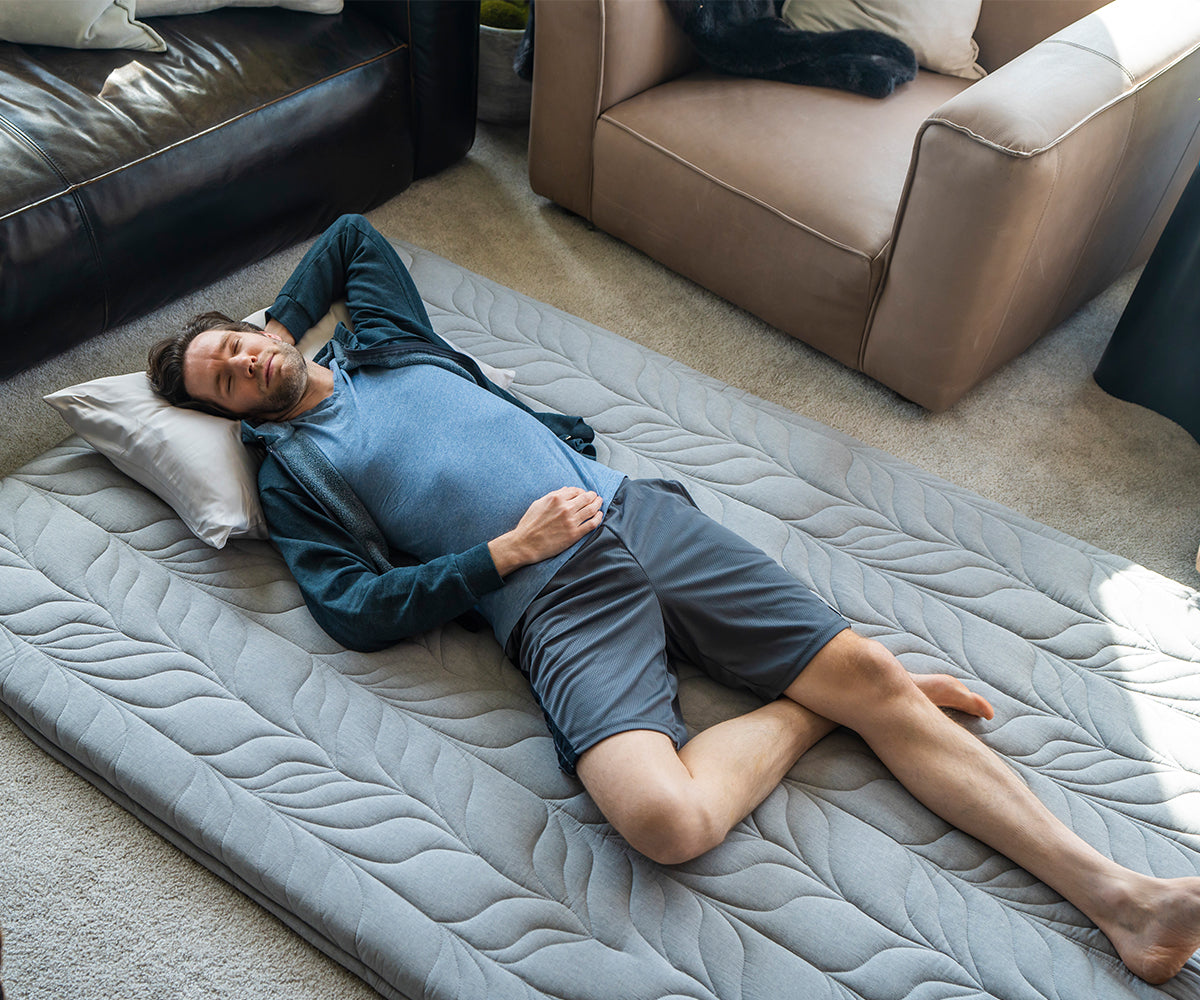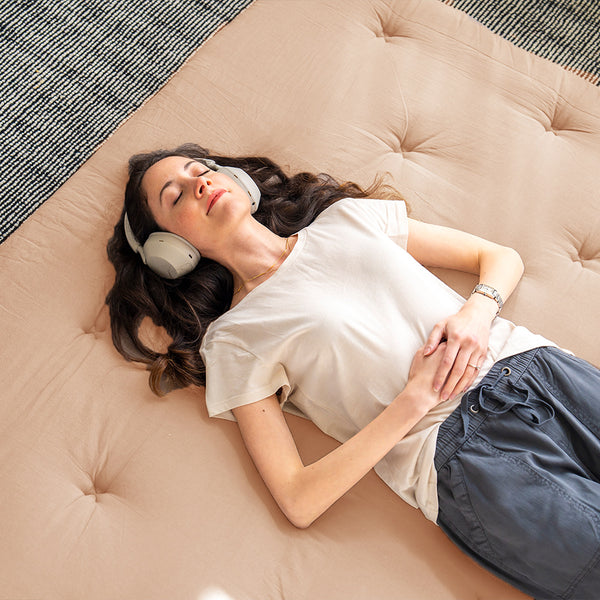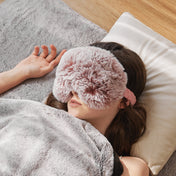Have you ever wondered, "Why Do I Moan In My Sleep?" You're not alone. This nocturnal quirk, often linked to a condition known as Catathrenia, has puzzled and embarrassed many. Let's explore what causes it and how you might quieten those nighttime concerts.
Why Do I Moan In My Sleep? A Closer Look at Catathrenia
Catathrenia, or sleep-related groaning, is a distinct sleep disorder characterized by involuntary moaning sounds during sleep. Here's why it stands out:
- The Sound: The moans are typically emitted during exhalation and can be loud.
- Breathing Patterns: Unlike sleep apnea, catathrenia doesn't involve breathing pauses.
- Awareness: Most sleepers are oblivious to their moaning.
- Sleep Stages: These vocalizations often occur during REM sleep but aren't limited to it.
- Prevalence: It's a rare condition diagnosed through sleep studies.
Exploring the Causes
Moaning in sleep might stem from several factors:
- Dream Activity: Intense vivid dreams can lead to vocalizations, especially during REM sleep.
- Emotional Processing: Dreams allow us to process emotions, sometimes resulting in audible expressions.
- Muscle Relaxation: Incomplete muscle atonia during REM sleep can allow for sound production.
- Stress and Anxiety: Emotional distress can influence sleep behavior, leading to moaning.
- Genetic Factors: A family history of sleep vocalizations suggests a genetic link.
Occasional moaning is usually harmless. However, if it's frequent or bothersome, further investigation is warranted.
Advanced Strategies for Reducing Sleep Moaning
Figuring out the answer to “Why do I moan in my sleep?” can be complex. Beyond the essential interventions, consider these additional strategies to minimize the impact of sleep moaning:
Dietary Adjustments
Pay attention to your diet, focusing on foods that promote sleep. Foods rich in magnesium and potassium can help relax the muscles and the nervous system, potentially reducing the occurrence of sleep moaning.
Physical Activity
Regular exercise can improve sleep quality and decrease stress, but avoid vigorous workouts close to bedtime as they might have the opposite effect.
Soundproofing the Sleep Environment
Soundproofing might offer a temporary solution for those who share a room or a bed. White noise machines or earplugs can help mask the sound of moaning, benefiting the sleep quality of both the individual and their partner.
Sleep Position
Experimenting with different sleep positions can also help. Some people find that sleeping on their side reduces episodes of moaning.
Technological Aids
Various gadgets and apps are designed to improve sleep in our tech-driven world. Here are a few that might help with sleep moaning:
- Sleep Tracking Devices: Wearables that track sleep stages can help you better understand your sleep patterns and identify potential catathrenia triggers.
- Smart Beds and Pillows: Some beds and pillows are designed to adjust automatically to promote optimal sleep posture and breathing, potentially reducing sleep moaning episodes.
- Relaxation Apps: Apps offering guided meditation, breathing exercises, or ambient sounds can facilitate a more relaxed state before sleep, possibly decreasing the likelihood of moaning.
The Role of Professional Help
While home remedies and self-care strategies are beneficial, some cases of sleep moaning may require professional intervention. Here's how healthcare providers can assist:
- Sleep Specialists: A specialist can offer insights into sleep hygiene and behavioral changes explicitly tailored to your situation.
- Therapy: For those whose sleep moaning is linked to stress or anxiety, therapy sessions can be a valuable tool for exploring and addressing these underlying issues.
- Medical Review: In some instances, reviewing current medications or health conditions could reveal factors contributing to sleep moaning, with adjustments leading to improvement.
Community Support and Resources
Finding support among those who understand can be incredibly comforting. Online forums and support groups for sleep disorders provide a platform to share experiences, tips, and encouragement. Additionally, sleep clinics often offer resources and workshops on managing various sleep issues, including catathrenia.
The Importance of Routine and Rhythm
Creating and sticking to a bedtime routine can significantly impact your sleep quality and the occurrence of sleep moaning. This routine could include reading, gentle stretching, or listening to calming music.
The goal is to signal your body that it's time to wind down and prepare for rest. Consistency in your sleep and wake times helps to anchor your body's internal clock, reducing the chances of sleep disturbances like moaning.
The Impact of Mindfulness and Relaxation Techniques
Incorporating mindfulness and relaxation techniques into your evening routine can also play a crucial role in minimizing sleep moaning. Practices such as progressive muscle relaxation, deep breathing exercises, or guided imagery can reduce overall stress and tension, contributing to more peaceful sleep without interruptions by moaning.
Environmental Considerations and Adjustments
The sleep environment can profoundly impact the quality of your rest and the likelihood of experiencing catathrenia. Beyond the basics of a dark, quiet, and cool room, consider the role of electronic devices. The blue light emitted by screens can interfere with your circadian rhythm. Creating an electronic device cutoff time an hour or two before bed can help your mind unwind and prepare for restful sleep.
Keeping a Sleep Diary
Documenting your sleep experiences, habits, and any instances of moaning can provide valuable insights into patterns or triggers associated with catathrenia. A sleep diary should include details about your bedtime routine, the quality of your sleep, any awakenings during the night, and your dietary and exercise habits. Over time, this record can help identify the most effective improvements for you.
FAQs
Is sleep moaning the same as sleep talking?
No, sleep moaning and sleep talking are distinct behaviors observed during sleep. While sleep talking involves articulating words or phrases, often related to the dream state, sleep moaning is characterized by non-verbal vocalizations, such as groans or prolonged moans, and is linked to different sleep processes. Understanding this distinction is crucial for identifying and addressing each condition appropriately.
Can catathrenia be cured?
While there isn't a universal cure for catathrenia, many individuals find relief through various approaches. Lifestyle adjustments, like improving sleep hygiene and reducing stress, along with professional medical interventions, can reduce the frequency and intensity of sleep moaning for some. Exploring different strategies to discover what works best for each person is essential.
Is catathrenia harmful?
Catathrenia isn't harmful to physical health but can affect sleep quality and the well-being of the person experiencing it and their sleep partner. The disruption to sleep patterns can lead to daytime tiredness and strain relationships. However, understanding and managing catathrenia can mitigate these effects and improve sleep quality.
How common is catathrenia?
Catathrenia is a relatively rare sleep disorder, and its exact prevalence is hard to pinpoint due to challenges in reporting and diagnosing. Many individuals may be unaware they exhibit symptoms unless informed by a sleep partner. Despite its rarity, those affected can find solace in knowing strategies and treatments available to manage the condition.
Conclusion
While moaning in sleep might seem odd or amusing, understanding its roots—catathrenia—sheds light on the phenomenon. For most, it's a benign quirk of their sleep cycle. However, it's worth exploring further if it's causing sleep disruption or concern.
Remember, good sleep health is crucial for overall well-being, so don't hesitate to seek professional advice if sleep moaning becomes a nightly nuisance. You can turn those nighttime groans back into silent nights with the right approach.



